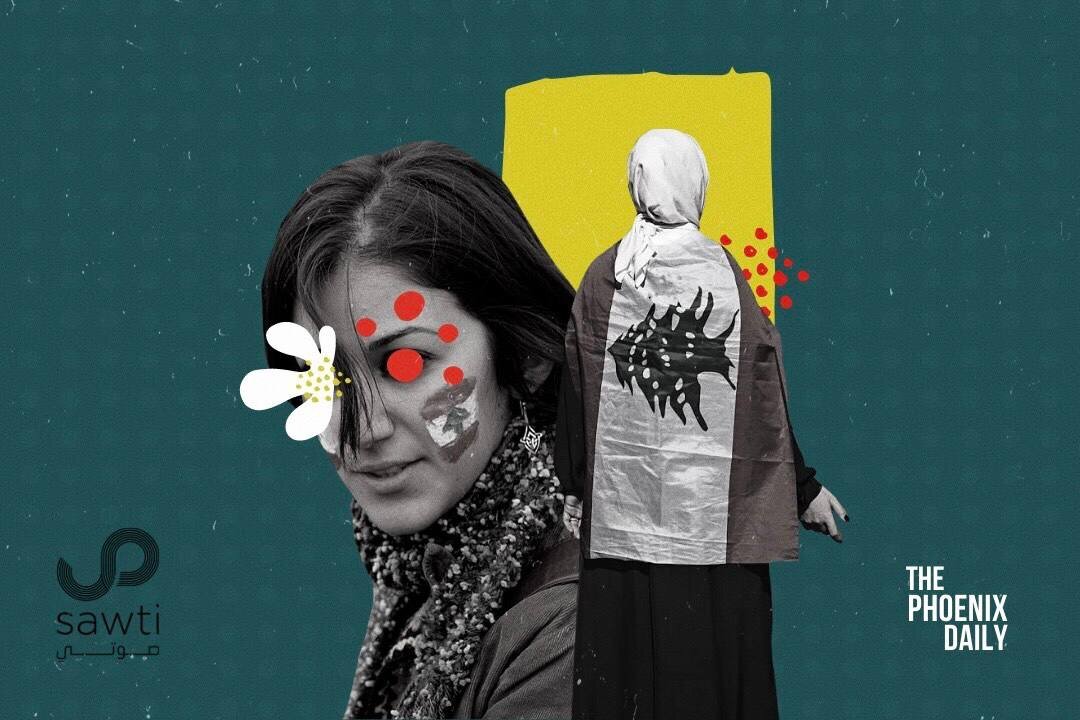
National News, Analyses & Opinions

Women’s Political Exclusion in Lebanon: The Legacy of Colonial Pasts, Religious Institutions, and Sectarianism
Opinion Analysis by Roa Daher, Featured Writer
In the span of a few decades, Lebanon went from being one of the first Arab countries to grant women suffrage in 1952 to now having one of the lowest rates of women’s political participation in the MENA region. Even though more than 100 women candidates registered in the 2018 parliamentary elections, which is a ten-fold increase from just a decade earlier and the largest number in Lebanese history, women only won 6 out of 128 seats in the parliament. 49.69% of the Lebanese population is composed of women, and yet these women only hold 4.69% of the seats in parliament. Beyond the obvious issue of a lack of representation in politics, women face many obstacles that may prevent them from seeking a seat in the parliament, never mind actually winning the seat against a male candidate.

